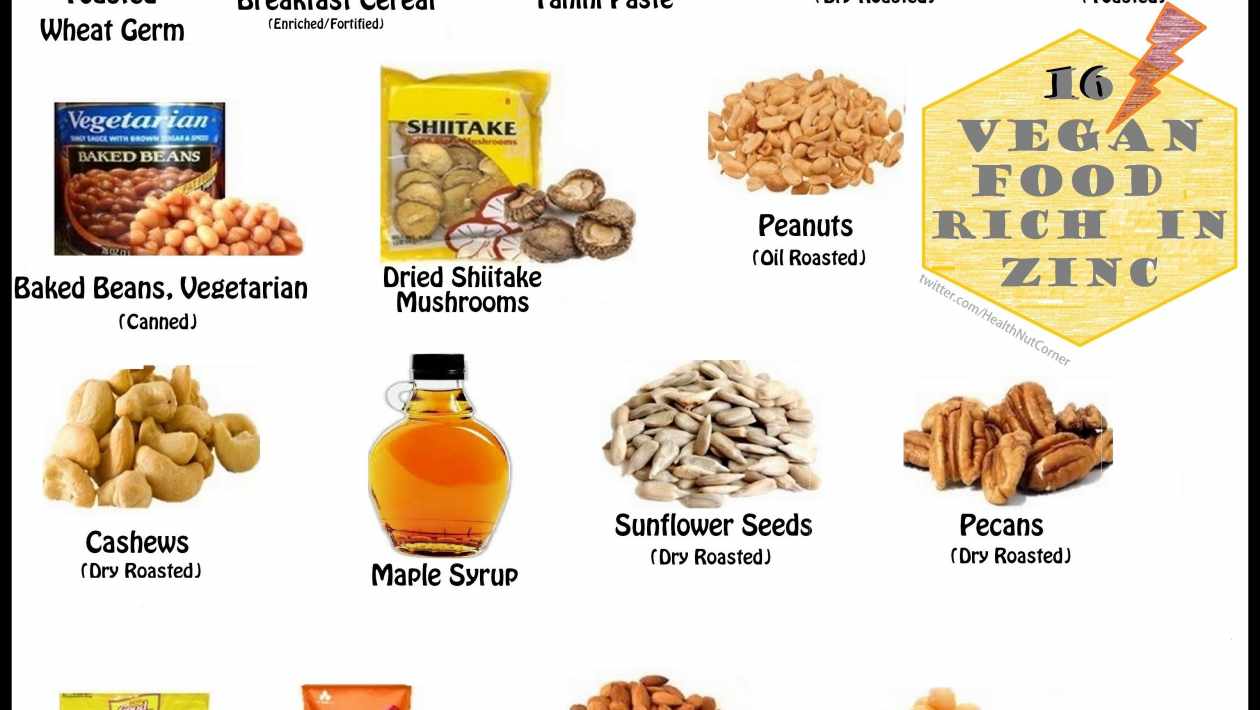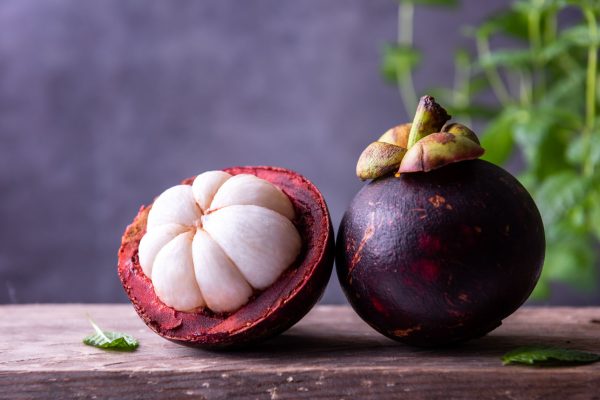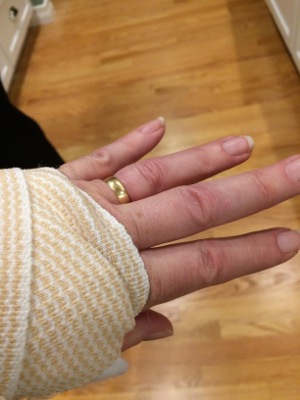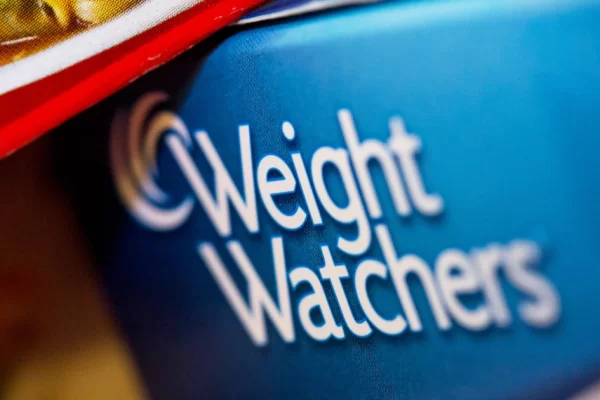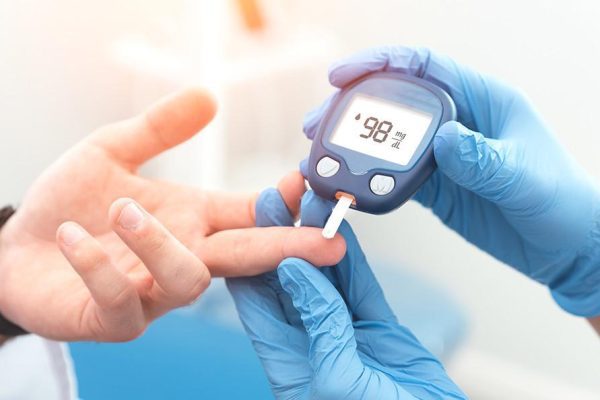Zinc is one of the trace elements. Naturally, it is essential for the proper functioning of our body. Of course, it is necessary to cover zinc needs in our diet to provide the zinc atoms. Today we will talk about foods high in zinc, as well as many health tips.
Naturally, our body consume zinc in small amounts (approximately 2.5 g). However, it has an essential role in our health. In our body crucial trace element includes in more than 200 metabolic reactions. It plays an antioxidant role, detoxifies free radicals and alcohol. We can get zinc in the production of energy from carbohydrates.
It involves the biology of sexuality, bone growth, metabolism, skin condition, defense against infections, color vision and flavor appreciation, nerve cell development, and brain growth. It is also necessary for several hormones such as insulin or growth hormone.
Zinc is necessary to renew the epidermis cells. We can notice the deficiency of zinc by facing some problems. The primary symptoms are dry skin, brittle nails, dull hair, hair loss, and difficulty in healing. But that’s not all: the lack of zinc can lead to loss of taste (ageusia), smell (anosmia), appetite, vision problems especially at night. Also we face digestive problems, reduction in intellectual faculties, memory loss, and abnormal behavior. Similarly, note that for the children, growth delays, and impaired bone development.
Foods high in zinc
Zinc is existing both in the animal kingdom and in the plant kingdom. However, it is more easy to absorb zinc by the body when its source is animal.
Animal sources
The primary animal sources of zinc are seafood, especially oysters and crabs. Steamed or boiled lobsters, boiled or steamed crab, are also very rich.
You will also find it in significant quantities, in fish, cooked veal liver, cooked chicken liver, and cooked veal kidney. Also in cooked minced steak, braised beef, cooked ham, pork shoulder.
These foods high in zinc should consume in moderation following the recommended daily doses. Remember that it is necessary to opt for lean meats in fat. And the fat being very harmful to health. Likewise, it is essential to combine the consumption of animal and vegetable sources for a better balance.
Here are some foods high in zinc and their content:
- Calf’s liver (12.02 mg / 100 g)
- Beef (9.25 mg / 100 g)
- Egg yolk (7.73 mg / 100 g)
Plant sources
For vegetarians and vegans, the recommended daily dose of zinc is 14 mg. Therefore the intake for a diet rich in plants must concentrate on plant sources very rich in zinc.
You will find zinc primarily in pine nuts, cashews, squash seeds, hemp seeds, sesame seeds, or pumpkin seeds—white beans, lentils, split peas, and cooked chickpeas, well as in dried shiitakes. Unsweetened cocoa powder and dried fruits, and wheat germ are also foods very rich in zinc.
There is flaky müesli, wholemeal bread, cereal bread, or rye bread in the range of processed products. If you are deficient in zinc, make an appointment with your doctor to recommend the doses not to be exceeded per day.
Here are some foods high in zinc and their content:
- Oysters (39.3 mg / 100 g)
- Wheat germ toasted (16.7 mg / 100g)
- Cocoa powder (13.64 mg / 100 g)
- Pumpkin, sesame, and hemp seeds (7 mg / 100 g)
- Pumpkin seeds (7.64 mg / 100g)
- Cashew nuts (5.35 mg / 100g),
- Wholemeal bread (5.35 mg / 100g),
- Sunflower seeds (5.35 mg / 100g),
- Lentils (3.60 mg / 100 g)
- Dried beans, split peas (between 2 and 2.5 mg / 100g)
Foods high in zinc and their nutrition
To cover the daily zinc requirements that are essential for your body, here are the foods containing the most zinc:
- Oysters: this is the food richest in zinc, with a content per 100g of 16mg
- Wheat germ containing 7 mg of zinc per 100g
- Meat, especially red meat, as well as veal and pork liver with a zinc content of around 9 mg per 100g
- Crustaceans, within particular lobster, crab, and lobster: between 2 and 2.5 mg of zinc per 100g
- Whole grains, with an amount of zinc around 5 mg per 100g
- Soybeans, with 3 mg of zinc per 100g
- Dried vegetables, hazelnuts, and walnuts
But remember that this mode of reasoning does not correspond to our daily diet: admittedly, there is more zinc in 100 grams of oysters than in 100 grams of red meat, but we eat red meat more often, and besides large quantity, only oysters. So there is little point in focusing on the content of a micronutrient in a given food. It is the overall diet that must be considered.
Foods high in zinc: what are their benefits?
Zinc plays a vital role in our body. But the significant deficiencies in this element are relatively rare in our climates because it is present in many foods commonly consumed, particularly meats, fish, cereals, and pulses. Real deficiency is only found in premature infants, the elderly who eat poorly, alcoholics, and certain diseases of the digestive tract.
Finally, note that during serious infections, the needs are increased. Better to be careful with food supplements: an excess of zinc leads to the presence of a bitter and metallic taste in the mouth, nausea, diarrhea, and vomiting. None of this will happen to you if you don’t respect your food cravings and your eating sensations. of hunger and satiety. If in doubt, do not hesitate to contact the experts at linecoaching.com! In addition to helping you adapt your diet, this program is real support and provides you with valuable advice on health and nutrition and physical exercise, and offers you many delicious recipes!
Why is zinc essential for health?
Zinc is essential to our health because the trace element of zinc is only found in the body in a tiny dose (2 to 3 grams). Mainly it present in the muscles (60 to 65%), bones, liver, and skin. Nevertheless, it can intervene throughout the body. This critical component of the structure of many proteins indeed plays several roles:
- Usually, zinc participates in the metabolism of proteins and fats (carbohydrates and lipids) as a cofactor. Also the cells produce energy is very powerful.
- Zinc activates many enzymatic reactions and it involves the activity of more than 200 enzymes. Especially, biomolecules or macromolecules essential for the functions of our organs.
- It has a stabilizing action for several hormones like insulin and plays a role in the synthesis of testosterone.
- It contributes to normal fertility and reproduction,
- By increasing the number of T lymphocytes, it contributes to the normal functioning of the immune system,
- It contributes to the maintenance of the health of the skin and helps fight acne. Also, it is anti-inflammatory and healing properties are so powerful.
- It involves in cognitive functions ( memory in particular).
- Zinc contributes to the hair’s health by promoting the synthesis of amino acids such as cysteine and methionine. Thus it can be a real ally in the event of hair loss.
- It plays a role in growth that’s why it is necessary for the synthesis of DNA and RNA.
The vital poin is it’s antioxidant action that fights against the harmful effects of free radicals. It also helps prevent cardiovascular disease and age-related macular degeneration (AMD). It is essential for the proper functioning of vision, taste, and smell.
Zinc deficiency: symptoms and risks
Zinc deficiency mainly affects people living in developing countries. However, a lack can be observed in any person whose daily intake of this trace element is not satisfied.
This contribution must be:
- 8 to 9 mg per day in adolescent girls and adult women,
- from 11 to 12 mg in pregnant or breastfeeding women,
- 11 mg in adolescents and adult men.
Vegetarians should be particularly careful, on the one hand, because meat, shellfish, and fish are among the main foods containing zinc and, on the other hand, because the body less well absorbs the zinc of plant origin.
A lack of zinc can also be explained by drug interaction, an unbalanced diet, or too often composed of salty or sweet industrial dishes.
Because of the many zinc roles in the body, an insufficiency can manifest itself by many symptoms (cutaneous, neurological, immune, etc.). It can be revealed in particular by:
- drier skin, acne problems,
- brittle, stained, and streaked nails,
- more hair loss than usual,
- a lack of appetite and digestive issues,
- fatigue,
- more difficult visual concentration,
The benefits of zinc to fight skin problems
Because zinc has antioxidant properties and contributes to the production of proteins, it can be beneficial in the event of skin problems (acne, psoriasis, eczema)
ZINC & ACNE
Zinc is a valuable asset for blemish-prone and acne-prone skin. It acts both in the prevention and in the treatment of teenage acne or adult acne.
It allows, in fact:
to fight against the accumulation of toxins and free radicals, thanks to its antioxidant properties. It promotes healthy skin and thus prevents pimples.
Reduce sebum production,
fight against bacteria, reduce the risk of infections, and promote healing,
limiting the inflammatory reactions caused by the development of bacteria in the pores blocked by the overproduction of sebum. The anti-inflammatory properties of zinc also help to soothe the skin and reduce redness.
The trace element zinc is thus a significant asset to avoid unsightly acne pimples. It can be present in anti-blemish creams and treatments or the formulation of food supplements developed for the skin.
An anti-aging trace element with zinc
Endowed with antioxidant properties, zinc helps fight against free radicals, responsible for a phenomenon called “oxidation,” which deteriorates cells and attacks the skin’s youthfulness. Antioxidants, which effectively prevent these phenomena of molecular chain oxidation, are thus valuable allies against premature skin aging.
That is the reason why many para pharmaceutical laboratories offer Zinc-based Skin Beauty food supplements. Their formula often also contains selenium, another trace element that helps protect cells against oxidative stress.
Foods high in zinc: which foods contain the most zinc?
It is enough to regularly consume certain foods such as meat, fish, or seafood (oysters) not to lack zinc. If you are a vegetarian, adopt a diet that contains vegetables and dried fruits rich in zinc, wheat germ, wholemeal bread. Or bring this trace element to your body with a food supplement.
Almost 10% of the population suffers from a zinc deficiency. However, this track component is crucial for the ethical functioning of the body. Endowed with multiple properties, it acts on the immune system, the skin’s quality, but not only!
Our advice: Zinc, to be better absorbed by the body, should be taken on an empty stomach (and not during a meal).
FAQ of foods high in zinc
- Which foods contain the most zinc?
It is enough to regularly consume certain foods such as meat, fish, or seafood (oysters) not to lack zinc. If you are a vegetarian, adopt a diet that contains vegetables and dried fruits rich in zinc, wheat germ, wholemeal bread. Or bring this trace element to your body with a food supplement.
-
Who needs the treatment of zinc deficiency?
If the best is to adopt good eating habits, it can nevertheless be of great use to provide your body with zinc through food supplements, especially since it does not store this trace element.
Zinc supplementation is incredibly helpful:
- in case of acne or skin problems,
- for pregnant women,
- for vegetarians.
-
How could zinc prevent acne?
Zinc is a valuable asset for blemish-prone and acne-prone skin. It acts both in the prevention and in the treatment of teenage acne or adult acne.
It allows, in fact:
to fight against the accumulation of toxins and free radicals, thanks to its antioxidant properties. It promotes healthy skin and thus prevents pimples.
- Why zinc is necessary to our health?
Zinc is necessary to renew the epidermis cells. We can notice the deficiency of zinc by facing some problems. The primary symptoms are dry skin, brittle nails, dull hair, hair loss, and difficulty in healing. But that’s not all: the lack of zinc can lead to loss of taste (ageusia), smell (anosmia), appetite, vision problems especially at night. Also we face digestive problems, reduction in intellectual faculties, memory loss, and abnormal behavior. Similarly, note that for the children, growth delays, and impaired bone development.

